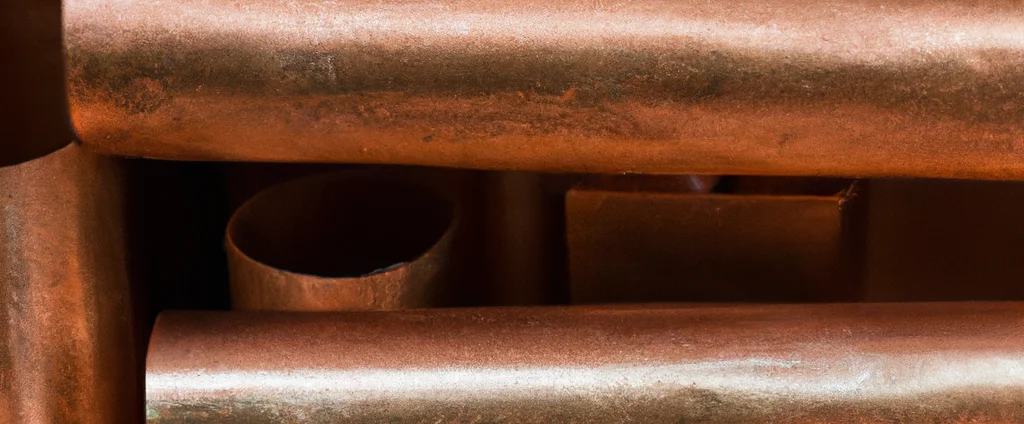Beryllium Copper (UNS C17200)

Beryllium copper C17200, also known as Alloy 25, is a premium high-strength copper alloy offering excellent electrical conductivity and corrosion resistance. It is widely used in aerospace, electronics, and high-performance industrial applications.
| Chemical Composition | ||
|---|---|---|
| Element | Min | Max |
| Copper | 97.9% | —— |
| Beryllium | 1.8% | 2.0% |
| Cobalt | —— | 0.2% |
The following table provides a list of beryllium copper C17200 properties in both SI and US customary/Imperial units.
Click on the button to switch between Metric and Imperial units.
| Physical Properties | Metric |
|---|---|
| Density | 8250 kg/m3 |
| Mechanical Properties | Metric |
| Tensile Strength (Ultimate) | 1280 - 1480 MPa |
| Tensile Strength (Yield) | 965 - 1205 MPa |
| Shear Strength | 330 - 780 MPa |
| Young’s Modulus (E) | 125 - 130 GPa |
| Shear Modulus (G) | 50 GPa |
| Elongation at Break | 15 - 30% |
| Poisson’s Ratio (ν) | 0.3 |
| Thermal Properties | Metric |
| Melting Point | 865 - 980 °C |
| Thermal Conductivity | 105 W/m·K |
| Specific Heat Capacity (Cp) | 420 J/kg·K |
| Coefficient of Thermal Expansion (αL) | 1.8×10-5 1/°C |
| Electrical Properties | Metric |
| Electrical Conductivity | 1.28×107 S/m |
| Electrical Resistivity | 7.2×10-8 Ω·m |
The values in this table are approximate and can vary depending on various factors such as the specific manufacturing process and heat treatment applied to the alloy.
Advantages & Disadvantages of Copper C17200
| Advantages | Disadvantages |
|---|---|
| High strength | High cost |
| Electrical conductivity | Toxicity |
| Thermal conductivity | Machinability challenges |
| Resistance to wear and fatigue | Limited weldability |
| Corrosion resistance |
Applications of Copper C17200
Copper C17200 finds applications in various industries where a combination of high strength, good electrical conductivity, and corrosion resistance is required. Some common applications include:
- Electrical Connectors and Terminals: Widely used in electrical connectors and terminals due to its excellent electrical conductivity. It ensures efficient transmission of electrical signals and is commonly found in connectors for telecommunications, automotive electronics, consumer electronics, and power distribution systems.
- Switches and Relays: The high strength and good electrical conductivity make it suitable for switches and relays in electrical systems. It can handle high currents while maintaining reliable electrical contact.
- Heat Sinks and Heat Exchangers: The good thermal conductivity makes it valuable for heat sinks and heat exchangers. It efficiently dissipates heat from electronic components, power modules, and other heat-generating devices.
- Springs and Contacts: Its high strength, wear resistance, and electrical conductivity make it ideal for springs and electrical contacts. Used in applications such as switches, connectors, relay contacts, and other components that require reliable electrical conduction under mechanical stress.
- Aerospace Components: The combination of strength, electrical conductivity, and corrosion resistance makes it suitable for aerospace applications. Used in connectors, terminals, electrical components, and structural parts in aircraft and spacecraft.
- Automotive Components: Used in various automotive applications such as connectors, terminals, electrical harnesses, switches, and relays. Its high strength and electrical conductivity are beneficial in automotive electrical systems.
- Oil and Gas Industry: Utilized for components like valves, fittings, and connectors that require both corrosion resistance and electrical conductivity.
- Marine Applications: Its corrosion resistance makes it suitable for marine applications, such as electrical connectors, terminals, and heat exchangers in marine vessels and offshore structures.
